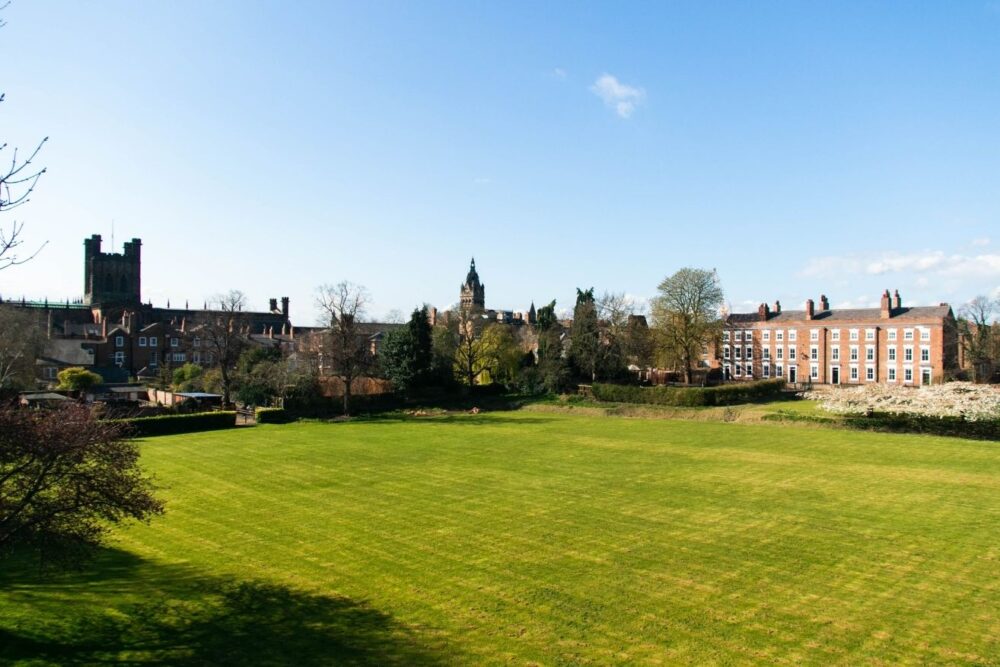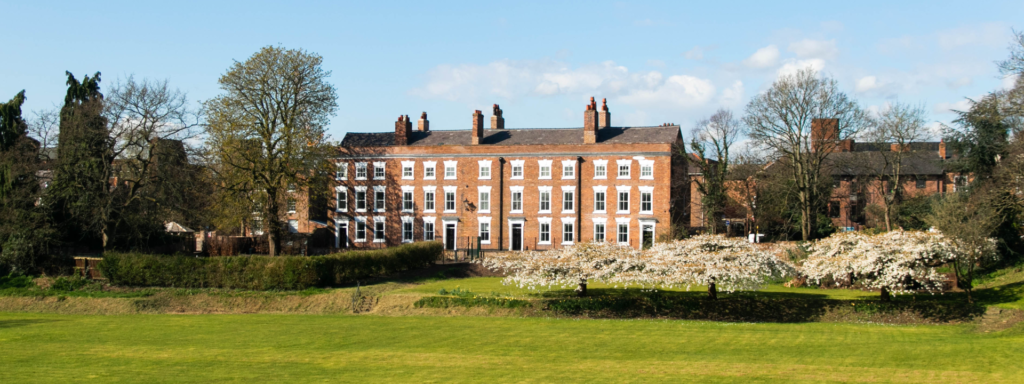Belonging and Connection
Most of us want to feel we belong and that we connect with others in a meaningful way. Belonging and connection are basic to everyone, including those who may have a learning disability and a diagnosis of autism.
Belonging is being in the places that define a community at the same time other members of that community are present. Having a presence has value when it brings enjoyment to the person and others. People with a disability being present also helps society embrace diversity and difference among its members. Examples of belonging include swimming in the same pool and at the same time as others, making purchases in the same shops at the same time as others, and drinking in the same cafeterias while others do the same.
For some, a stepwise progression is needed toward the long-term goal of inclusion. Often the steps will be small, carefully planned, and require either a light touch or intensive approach to teaching.
Learning is strongest when it occurs in context. Having a community presence provides lots of varied opportunities for pupils to practice the skills they already have and to learn both from focused teaching and the abundance of role models provided by others about what to do and how to behave.
Abbey School for Exceptional Children systematically plans for and supports high ratios of pupil engagement in community settings, reversing decades of exclusion and lost opportunity, and setting the occasion for connection.
Connection is all about relationships – having friends and acquaintances as well as close personal relationships with family members and others.
The art of forming and maintaining relationships begins in childhood and continues throughout life. Although some people take longer than others to discover the joy of human relationships, a lot depends on opportunity and the social and communication skills a person has acquired.
Inclusion (belonging) creates conditions under which relationships are more likely to develop, and focused teaching helps pupils develop the skills they need for relationships to grow and maintain over time.
Autism and learning disabilities can make relationship development more challenging for the individual and others, but no less important than for anyone else. Very often adults with learning disabilities lack the companionship that most others take for granted – their social networks may be limited to family members and those paid to be with them.
Building connection takes time and requires a high volume of opportunities over the lifespan, starting in early childhood. Abbey School for Exceptional Children supports its pupils as they move toward greater connection with peers, family, friends, and the wider community.
We’re looking forward to welcoming new pupils into our community. In the infographic below we’ve illustrated where the school sits in Chester’s city centre, and you can see why we’ve chosen to make this our home and, importantly, how it helps our pupils to flourish. If you’d like an even more detailed understanding of where we are and what we do, book on to one of our virtual open days.


